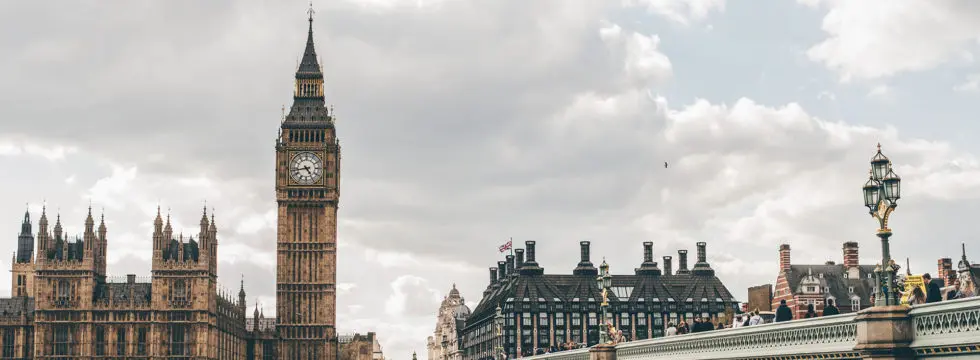All Party Parliamentary Groups (APPGs) have long been a conduit through which Parliamentarians of both Houses can discuss specific issues relating to a topic. They are an effective way of bringing together those from a certain sector or geography with ‘on the ground’ knowledge to discuss issues of importance with Parliamentarians.
But when the Parliamentary Estate was closed due to the Covid-19 outbreak in March, that not only stopped the Houses convening to debate policy and vote on legislation, Select Committees that scrutinise Government were halted and APPG meetings stopped as well.
Naturally debate quickly turned to when the House of Commons and House of Lords would meet again and how quickly virtual proceedings and remote voting could get set up. Select Committees were also a priority to get back up and running virtually and many Committees have been holding virtual proceedings for several weeks now.
But only recently have APPGs been getting back to running virtually whilst the Parliamentary Estate has remained closed to the public for over 100 days. But is it worth APPGs meeting in this climate? Aren’t there more important things for Parliamentarians to be worrying about, such as the road to recovery for the country?
Quite the contrary, APPGs are as essential, if not more essential, now than they ever have been. Whilst they do not hold any formal place in the legislature of the country and no official standing in Parliament, as APPGs get back up and running, they allow forums to be created for the myriad of geographies and topics that APPGs cover that bring together stakeholders and Parliamentarians to be discussed. APPGs allow those stakeholders from their respective sectors and geographies to feed back to Parliamentarians how new policy and changes to Government Covid-19 guidance, or lack thereof, are affecting each sector and geography. APPGs have had to work out how to run meetings via online meeting platforms such as Zoom or Microsoft Teams. Also, again in a similar vein to the way Select Committees restarted virtually by assessing the impact Covid-19 has had on their area, APPGs will also look at the same impacts that the virus has had on their specific area, or indeed what existential crises now exist for that area or what opportunities are now presented as a result of innovation and collaboration during the pandemic. As a result, APPGs certainly have an important role to play in exemplifying to Parliamentarians the ‘on the ground’ impacts that Government policy and decision making is having on different areas of the country’s economy and social fabric.
Moreover, APPGs can go further at this strange and unique time we find ourselves in. With the Government undoubtedly in a position where they are willing to amend, adapt and even U-turn on policy and Covid-19 guidance, APPGs allow space for those with intricate knowledge of their sector to bring together cross-party groups of Parliamentarians and feed back to them what impact current Government Covid-19 recovery policy or health guidance is having on their sector. This, in turn, allows Parliamentarians to see where policy and guidance from the Government is helping to keep people safe and protect jobs and peoples’ livelihoods, but also where policy and guidance needs to adapt, change or be completely overhauled. Whilst Marcus Rashford’s school meals campaign showed the power of social media in campaigning to shape and change policy in the current climate, APPGs also create a good way for sectors from sport to construction, arts to digital skills to show Parliamentarians where the Government is helping and what more the Government can do to help each sector as well.
What’s more, because APPGs are open to any and all Parliamentarians, usually those MPs, Baronesses and Lords that do join APPG meetings come from across the political spectrum and have an interest in the sector, perhaps from their background before entering Parliament, or, for MPs, perhaps a constituency interest. This means that they are the most likely not only to take on board and contribute to discussions at APPG meetings, but are also the most likely to push the Government to changing policy if they see that that is needed in a certain sector.
Now the PMQs, Select Committees and voting procedures are working, now it’s time for APPG to ignite discussions amongst Parliamentarians on how Government policy can continue to be refined to help continue to keep us safe from Covid-19 whilst also protecting more jobs in ways that work for each sector.




